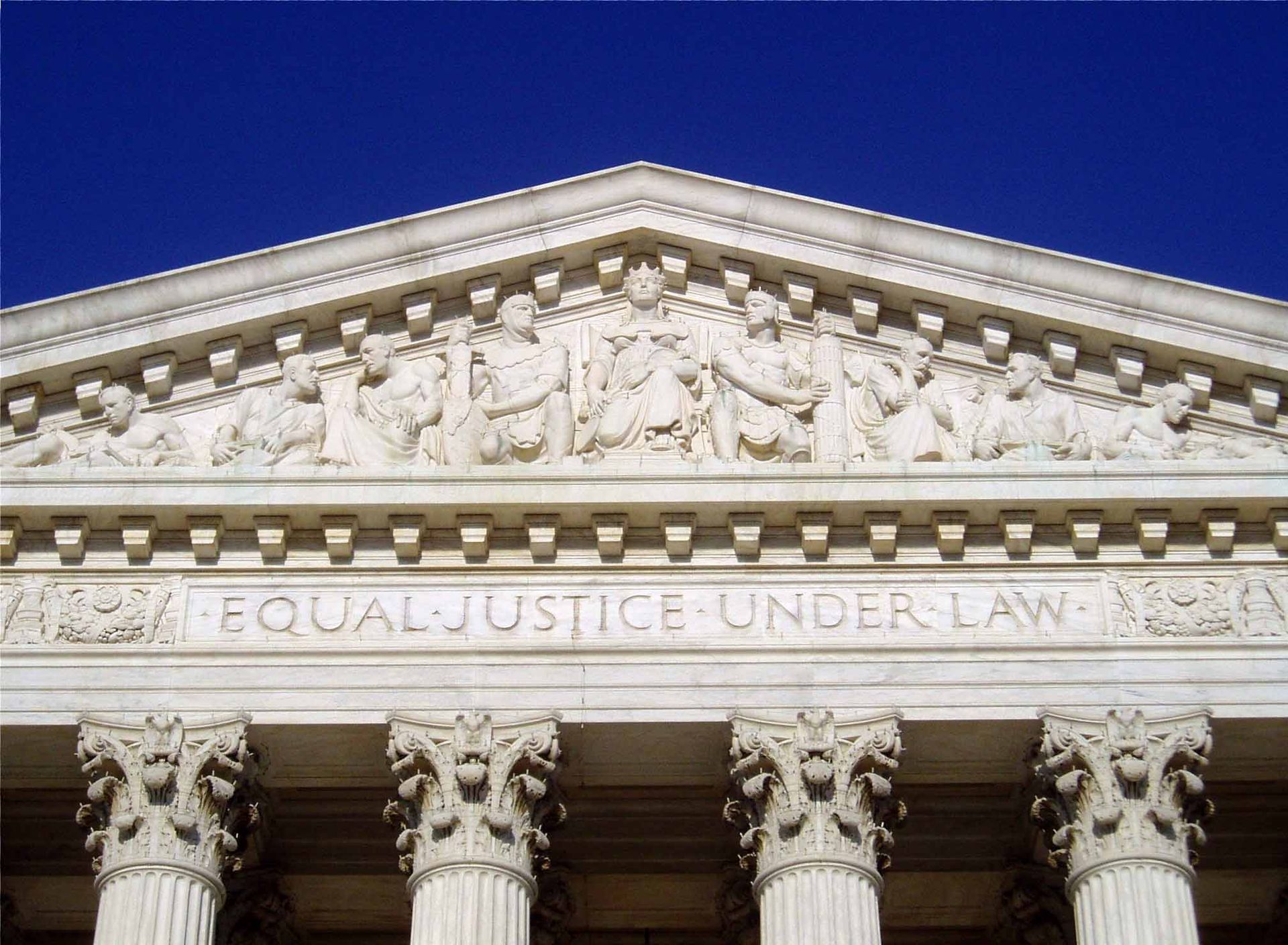The Supreme Court has declined to hear a case brought by a Christian florist who alleges that Washington state’s anti-discrimination laws are a violation of her first amendment rights.
In 2013, Baronelle Stutzman, owner of Arlene’s Flowers, refused services for a same-sex wedding service. The state’s attorney general obtained a court order barring Stutzman from refusing future service to same-sex couples, an order which the state’s Supreme Court upheld.
Stutzman then appealed to the Supreme Court of the United States (SCOTUS), who on Friday rejected her request.
“By denying certiorari in Ingersoll & Freed v. Arlene’s Flowers, Inc., the Supreme Court has once again said that critical nondiscrimination laws protecting LGBTQ people are legally enforceable and has set a strong and definitive precedent,” said Human Rights Campaign (HRC) President Alphonso David in a statement following the Court’s decision. “Now, we need these protections for the LGBTQ community, and all people, across the country, and in every walk of life.”
Stutzman’s case is similar to that of Masterpiece Cakeshop three years ago, when SCOTUS ruled 7-2 that the state of Colorado had been hostile to the shop owner’s religious beliefs. Prior to Friday’s decision, SCOTUS did request that the Washington Supreme Court issue a new ruling in Stutzman’s case, taking into account the Masterpiece decision. The state court did, and determined that the state had not treated Stutzman with hostility.
Earlier this week, the court declined to hear an appeal in the case of Gavin Grimm, a transgender student who had sued the Gloucester County school board for refusing to grant him bathroom privileges in accordance with his gender identity. The school board had petitioned SCOTUS to hear its case after lower courts ruled in favor of Grimm.


What Do You Think?